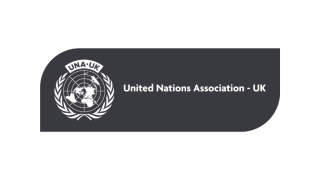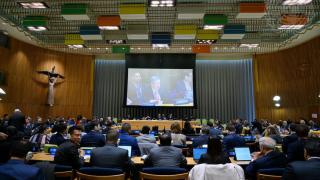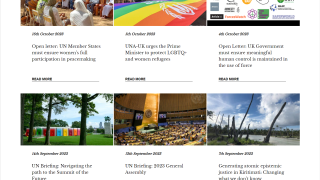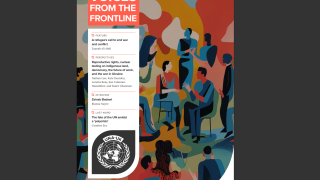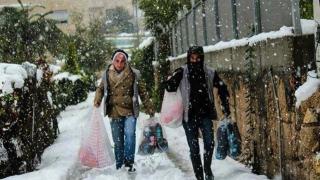
In an urgent appeal for funds, the United Nations reports that 2013 has been an extremely hard year for Palestinians in the Occupied Territories and neighbouring countries.
In the West Bank, those living in Area C - which is under full Israeli control - have severely limited access to basic services and infrastructure, such as water, sanitation and schools.
In Syria, which is home to over half a million Palestinian refugees, the conflict has led to further displacement. More than half have fled their homes and some 80 per cent are in need of urgent assistance.
And in Gaza, the situation - already dire as a result of the blockade - has worsened since the Strip's sole power plant was forced to cease operation on 1 November due to fuel shortages. Some 1.7 million Palestinians were affected by rocketing fuel and food prices, and the disruption of health and sanitation services, which saw sewage flooding into the streets. The plant's closure has also hit the construction industry, leading to thousands of jobs losses.
Last month, Richard Falk, an independent UN human rights expert, called for urgent action to avert a humanitarian catastrophe: "The fuel shortage and power cuts have undermined an already precarious position ... Up to 40 per cent of Gaza's population receives water only once every three days."
The UN Relief & Works Agency for Palestinian Refugees (UNRWA), meanwhile, has warned that the situation is set to worsen this winter. Gazans could face power outages of up to 16 hours a day, affecting homes, businesses and essential food and medical services provided by UNRWA.
Only 40 per cent of Gaza's fuel needs are currently met by shipments through official crossings. Additional fuel was smuggled in through tunnels until this summer, when Egypt closed these routes. There are signs that Israel could ease the fuel blockade in the coming days. On 15 December, it opened a main crossing to allow some much-needed fuel and food into Gaza, after torrential rains and flooding displaced some 10,000 people, further exacerbating the humanitarian situation.
But for many Gazans, and Palestinians across the region, the situation remains grim, especially after a winter storm, the worst in many years, hit several countries.
UNRWA is trying to raise $50,000 by 31 December to provide blankets, heating fuel, stoves, warm clothes and plastic sheeting. To date, it has raised just over a fifth of that target.
UNA-UK has consistently called on Israel to lift the restrictions on all non-military goods to Gaza, and on all parties, including the international community, to make every effort to reach a comprehensive peace settlement.
Commenting on recent developments, UNA-UK's Chairman, Sir Jeremy Greenstock, said: "The sustained neglect of the human rights and humanitarian situation faced by a number of Palestinian populations is not only a stain on developed countries' reputations, but an unwise choice for their own interests. It is now way beyond time to invest in the hope of peace and economic progress in and around Palestine."

